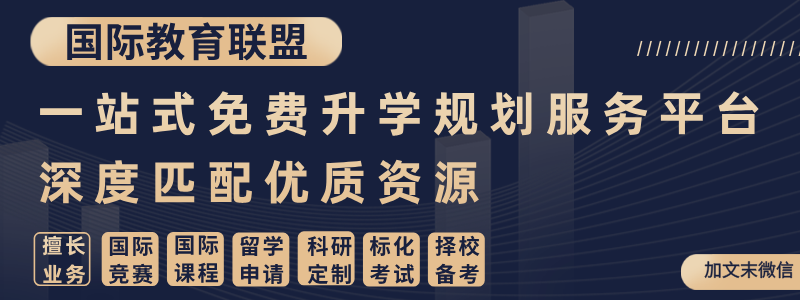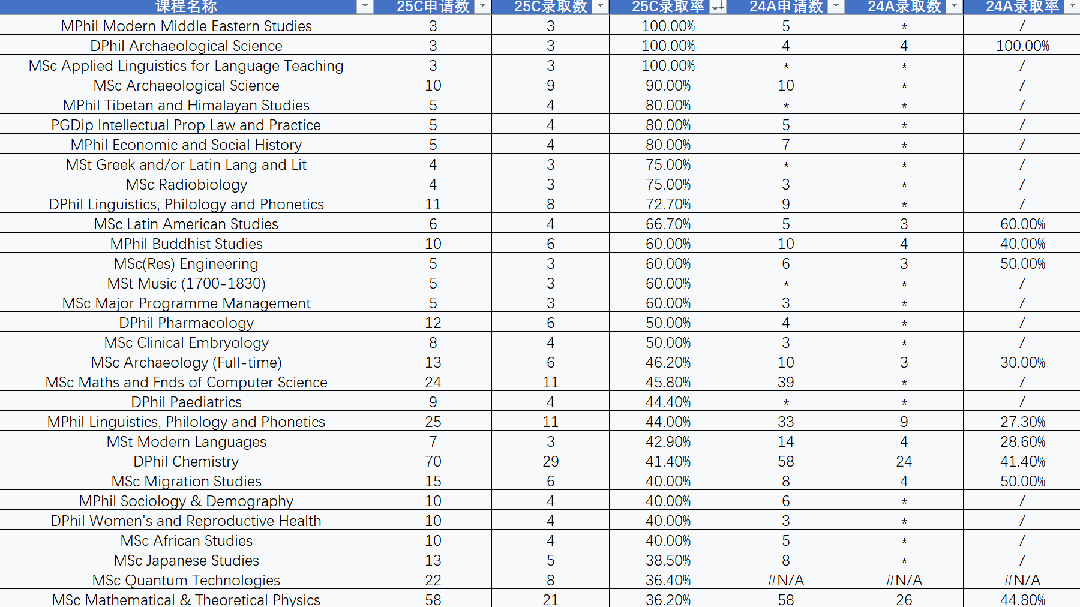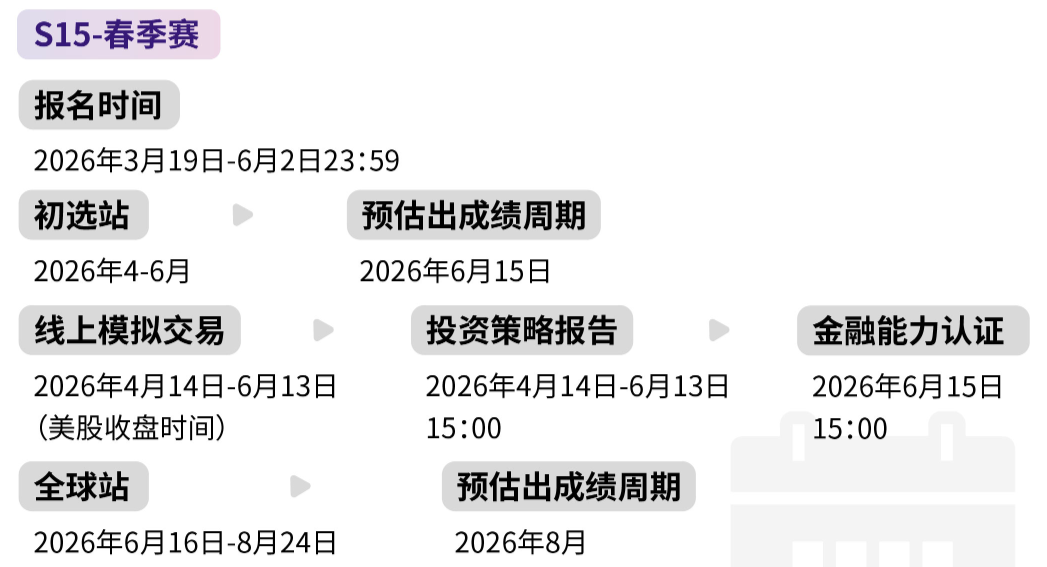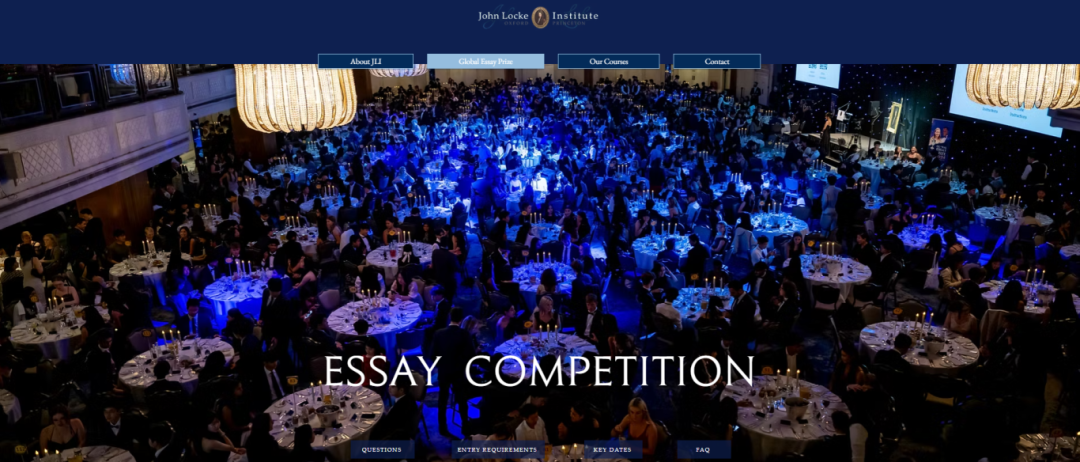如今已是9月下旬,不少同学已经将文书的第一稿写出,为整个申请季开了一个好头。然而还有部分同学仍然没有任何头绪。没写出来的同学各有各的原因:
- 有的担心自己的故事并不能吸引招生官的注意;
- 有的觉得我一定要把自己的所有特点和盘托出;
- 有的觉得自己没有任何一个点可以写;
- 还有的则是自己故事太多,不知道写哪个好;
- ......
往常我们讲了太多有关文书怎么开头,文书怎么写,叙事要怎样怎样。或许对许多人来说,这还是有些抽象了。或许只有看到好的文书是怎样的,才会有些许启发。
现在已是申请季,如果你还未开始写文书,就要抓紧啦!
为此,我们的资深老师为大家做点评,我们来看看,到底这篇文书好在哪儿?也希望大家能从这片文书及点评中中能get到属于自己的灵感。如
在我们看这篇文书之前,有一些点我很想说:申请者们一提到Personal Statement,总会不自觉地进入某种范式——要写一个关于自己的故事,要突出自己,或探底自己内心深处的某段经历、某个想法,仿佛这样才够“个人”,才够“个性”。而下面这篇文书,则反其道而行之,不写自己的故事,却又让读者了解作者是怎样的人。
尤其值得玩味的是,这篇跳脱范式的文书,恰恰出自在刻板印象中最爱套范式的华人学生之手,就这一点而言,它对于破除范式的迷思有重要的意义。而这也是ZOOMiN一直在做的。
01My Ye-Ye always wears a red baseball cap. I think he likes the vivid color—bright and sanguine, like himself. When Ye-Ye came from China to visit us seven years ago, he brought his red cap with him and every night for six months, it sat on the stairway railing post of my house, waiting to be loyally placed back on Ye-Ye’s head the next morning. He wore the cap everywhere: around the house, where he performed magic tricks with it to make my little brother laugh; to the corner store, where he bought me popsicles before using his hat to wipe the beads of summer sweat off my neck. Today whenever I see a red hat, I think of my Ye-Ye and his baseball cap, and I smile.
*用Ye-Ye代替grandfather,并且不急于注释,既能让英语母语的读者瞬间产生面对异文化的好奇,又能引领他们走进作者的世界——一个跨越三代以血缘为纽带的东亚式大家庭——他们或许无法第一时间看懂,但随着文章的推进,这个世界会徐徐揭开面纱。
*红色棒球帽,用鲜明的色彩为Ye-Ye这个人物定下基调,并且通过下文的复现加深其在读者心中的印象——乐观、热烈而旺盛的生命力。*第一段描绘了一些场景,场景中头戴red cap的Ye-Ye或变魔术带来欢笑,或买冰棍带走酷暑——它们是记忆,是快乐源泉,让我一见到红帽就想到这些,一想到这些就smile——而这smile,在下文我们会了解到,是一种传承。
02Ye-Ye is the Mandarin word for “grandfather.” My Ye-Ye is a simple, ordinary person—not rich, not “successful”—but he is my greatest source of inspiration and I idolize him. Of all the people I know, Ye-Ye has encountered the most hardship and of all the people I know, Ye-Ye is the most joyful. That these two aspects can coexist in one individual is, in my mind, truly remarkable.
*作者的写作定力很好,直到第二段才给出Ye-Ye一词的解释,让读者在对异文化的想象中很是徜徉了一会。事实上,经过第一段的浸润,至此Ye-Ye在读者心中已然与世间亿万个grandfather区分开来,成了一个特指。*用对仗的句式、以of all the people I know为参照系,加强了语气,渲染了情感浓度,点出爷爷的特质,引出下文。
03Ye-Ye was an orphan. Both his parents died before he was six years old, leaving him and his older brother with no home and no family. When other children gathered to read around stoves at school, Ye-Ye and his brother walked in the bitter cold along railroad tracks, looking for used coal to sell. When other children ran home to loving parents, Ye-Ye and his brother walked along the streets looking for somewhere to sleep. Eight years later, Ye-Ye walked alone—his brother was dead.
*六岁失去双亲,十四岁失去兄长,无家可归,无处谋生……作者用较少的字数传递了较大的信息量,让读者感受到了上文所谓hardship的具体内容。
04Ye-Ye managed to survive, and in the meanwhile taught himself to read, write, and do arithmetic. Life was a blessing, he told those around him with a smile.*短小的过渡段,却四两拨千斤。作者并不耽于描绘爷爷的求生奋斗史,一句感悟,一笑置之,胜却千言万语、人间无数。无论是这段之于全文在结构上的意义,还是其暗含的关于爷爷个人经历的丰富信息量,都给读者举重若轻之感。Hardship和joy在此处巧妙地取得统一,成为文眼。
05Years later, Ye-Ye’s job sent him to the Gobi Desert, where he and his fellow workers labored for twelve hours a day. The desert wind was merciless; it would snatch their tent in the middle of the night and leave them without supply the next morning. Every year, harsh weather took the lives of some fellow workers.
*新的风暴已经出现。经过前文铺垫,我们百分百确信爷爷会战而胜之。不过这一段绝不多余,因为塑造一个足够丰满厚实的形象需要足够的故事体量。
06After eight years, Ye-Ye was transferred back to the city where his wife lay sick in bed. At the end of a twelve-hour workday, Ye-Ye took care of his sick wife and three young children. He sat with the children and told them about the wide, starry desert sky and mysterious desert lives. Life was a blessing, he told them with a smile.
*我们可以得知爷爷在严酷的戈壁一待就是八年,又是轻描淡写的一笔带过,想必又有多少事尽付笑谈中。*我们也能得知爷爷的家族在一度只剩爷爷一棵独苗的情况下再次发展壮大,显示出其顽强的生命力。*他并不说沙漠的艰苦和恐怖,取而代之的是繁星密布的天空和神秘绚烂的生命。全文中心句再次出现。这三个孩子之中应有作者的父亲。传承开始了。
07But life was not easy; there was barely enough money to keep the family from starving. Yet, my dad and his sisters loved going with Ye-Ye to the market. He would buy them little luxuries that their mother would never indulge them in: a small bag of sunflower seeds for two cents, a candy each for three cents. Luxuries as they were, Ye-Ye bought them without hesitation. Anything that could put a smile on the children’s faces and a skip in their steps was priceless.
*文似看山不喜平,如果这就开始一路顺到结尾,终究差些力道,因此作者继续描写生活带给爷爷的挑战,而此时作者的父亲已经加入了爷爷的战队,这一切之于作者的意义自然更大了。*我们不妨过度解读一下:这两件物品的选择或许别有深意,种子代表延迟满足,糖果代表即时满足,看似前者更重要,其实后者也同样不可或缺,前者是目的地,后者是加油站,经历过无数艰辛苦难的爷爷想必深知这一点;而种子也暗示了本文传承的母题——何况那是向日葵的种子。
08Ye-Ye still goes to the market today. At the age of seventy-eight, he bikes several kilometers each week to buy bags of fresh fruits and vegetables, and then bikes home to share them with his neighbors. He keeps a small patch of strawberries and an apricot tree. When the fruit is ripe, he opens his gate and invites all the children in to pick and eat. He is Ye-Ye to every child in the neighborhood.
*按照影视拍摄手法,这属于是一个巧妙的转场,一下子将镜头和时间线拉到现在。*继续分享,继续赠与,爷爷的某一部分持续地播撒,与水果、还有上一段的种子等意象形成了一种通感,化作了一个中式社区里由长者维系的重要纽带,它既如精神品质般抽象,也似草莓杏子般具体。对于招生官而言,或许它还能满足一些关于东方社区的想象,更添一层风味。
09I had always thought that I was sensible and self-aware. But nothing has made me stare as hard in the mirror as I did after learning about the cruel past that Ye-Ye had suffered and the cheerful attitude he had kept throughout those years. I thought back to all the times when I had gotten upset. My mom forgot to pick me up from the bus station. My computer crashed the day before an assignment was due. They seemed so trivial and childish, and I felt deeply ashamed of myself.
*终于,作者开始联系自身。坦白说,在笔者看来,这一段是败笔。作者在此处尝试用自己曾经面对挫折的阈值之低来对照爷爷的阈值之高进而为下一段自己变坚毅乐观做一个欲扬先抑式的垫步,但用力过猛,动作有些变形,让人感觉是刻意在找自己不足的地方,结果找出来的都是些芝麻绿豆的小事,跟爷爷的经历相比有些不成比例的“小”,尽管作者加了些话来找补,让它们显得尽量自洽,但敏锐的读者依然能嗅到它散发出的隐约违和。*或许这也是作者的局限所在——跳脱了一种范式,却落入了另一种小范式中,在写他人带给自己的成长和启示时,不自觉地就先写起自身的短处来。其实大可不必。当然整体来说瑕不掩瑜,这篇文书仍足够精彩。
10Now, whenever I encounter an obstacle that seems overwhelming, I think of Ye-Ye; I see him in his red baseball cap, smiling at me. Like a splash of cool water, his smile rouses me from grief, and reminds me how trivial my worries are and how generous life has been. Today I keep a red baseball cap at the railing post at home where Ye-Ye used to put his every night. Whenever I see the cap, I think of my Ye-Ye, smiling in his red baseball cap, and I smile.Yes, Ye-Ye. Life is a blessing.
*Ye-Ye,red baseball cap,smile,life is a blessing等词句都是全文的hooks,把一些品质打包,并通过复现,植入读者脑海。而最后一段它们又集中、反复地出现,仿佛演员谢场,余音绕梁。
看完整篇文章,虽然通篇都在写爷爷,直到倒数第二段才开始写自己,但并不妨碍我们看到作者是怎样的人——能乐观面对生命中的困难与挑战的那么一个人。作者通过写爷爷,让读者相信他自身也具备同样品质,相信坚毅乐观的基因能随家庭的言传身教代代相传。
这篇文书跟许多其它作品相比并不算特别精彩动人,但由于作者活用了意象复现的手法,使得他最希望传递的关键信息得到了足够的放大与强化。另外,相信作者已经通过其它申请材料讲够了自身的方方面面,因此才能在主文书中放开手脚去写一个并非自己的故事,为自己的整套申请材料画龙点睛,称得上是“以正合以奇胜”。
--本篇英文原文来自:10 Successful Harvard Application Essays | 2022,Yueming's Essay.












